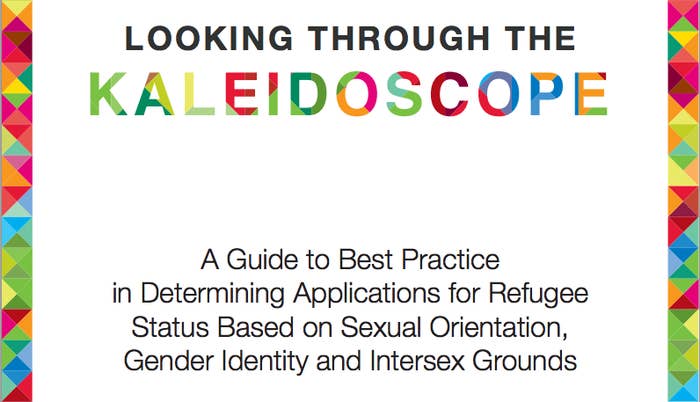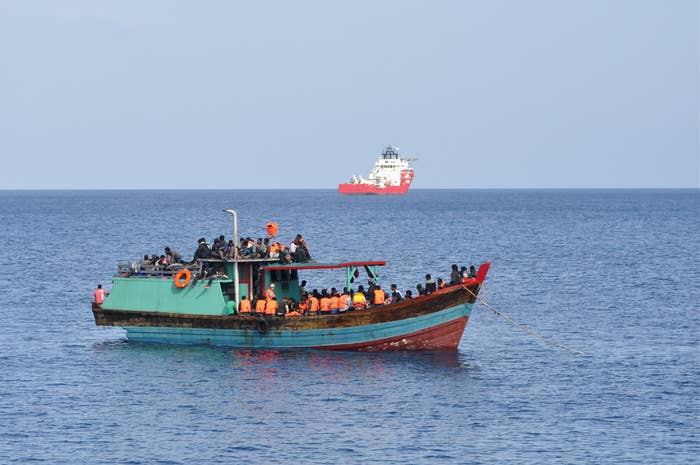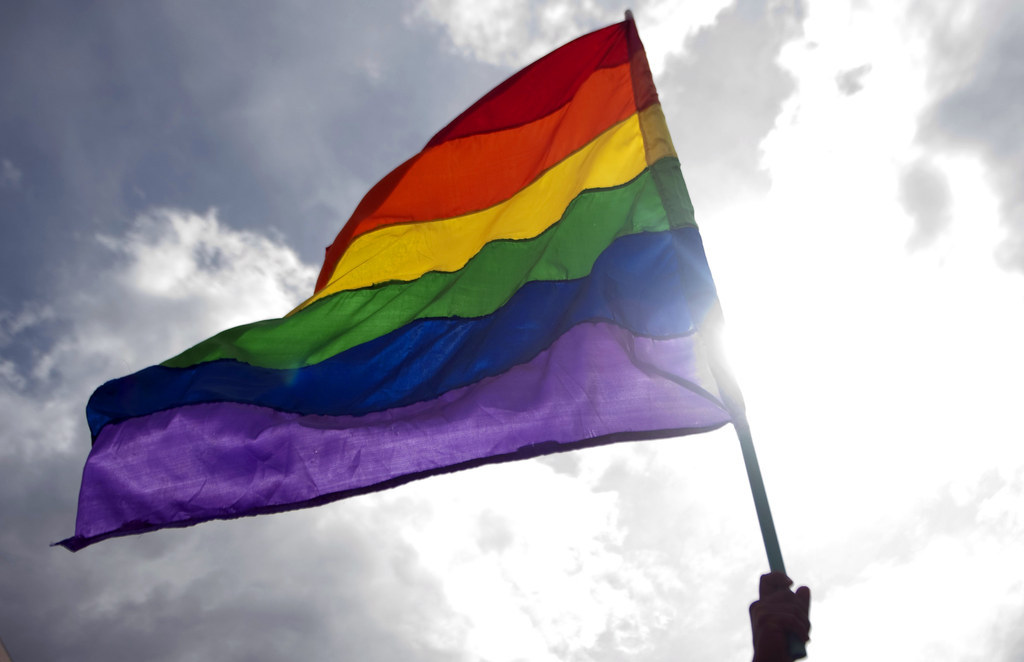Human rights organisation Kaleidoscope Australia hopes to combat inappropriate questions and requests directed at LGBTI refugees during processing a best practice guide released last week.

Kaleidoscope Australia president Dr Paula Gerber said the guide is the first to establish a set of standards for governments and refugee advocates.
"There have been other guides, but what they've all done is said 'Don't do this, don't ask these sorts of questions'," she told BuzzFeed News.
"There were two cases this year so far in Australia, where the tribunal members have received completely inappropriate material or asked inappropriate questions, so we're thinking the guides that are out there aren't hitting the mark if these sorts of things are still going on."
In 2012, the Organisation for Refuge, Asylum and Migration (ORAM) estimated there were approximately 175 million LGBTI people living in danger of persecution. Only 5000 of those people have the opportunity to apply for asylum each year, and only half of that number are successful in their claims, ORAM said.

A major issue facing LGBTI asylum seekers is that they are not believed when they state their identity, said Gerber.
"Gay asylum seekers are going to all sorts of extremes to prove that they're gay," she said.
"One of these cases in Australia was an asylum seeker who produced a sexually explicit photo of him and his boyfriend engaging in sex to try and show that he was gay. And the response of the tribunal was 'This shows you once engaged in same-sex sexual conduct, this doesn't prove you're gay'."
In another case, Gerber said, a refugee was asked whether they used lubricant when "engaging in same-sex sexual conduct".
A spokesperson for the Department of Immigration and Border Protection told BuzzFeed News all claims are "carefully and thoroughly considered" against relevant criteria.
No claims are "accepted uncritically", they said.
The spokesperson added that lesbian, gay and bisexual refugees are not asked for evidence of same-sex sexual activity.
"They may be asked for evidence of same-sex relationship/s and they may be asked questions about their gender identity and sexual orientation," they said.

Another issue is that refugees who have not participated in LGBTI events or culture are having their stories deemed not credible.
"They might be asked questions like 'What are the gay groups in Uganda?' or Nigeria, or Pakistan. And the people don't know, and can't answer it, and then adverse inferences are drawn about their credibility," Gerber said.
"But if you're in a country where you're going to be subjected to honour killings, or corrective rape by your family, or you're going to be thrown in jail, you're not going to be out there flaunting your sexuality."
The guide advises that a lack of documentation – for instance, membership forms of LGBTI groups, or photographs of someone expressing their gender identity – should not be used to infer a person's claim lacks credibility.
